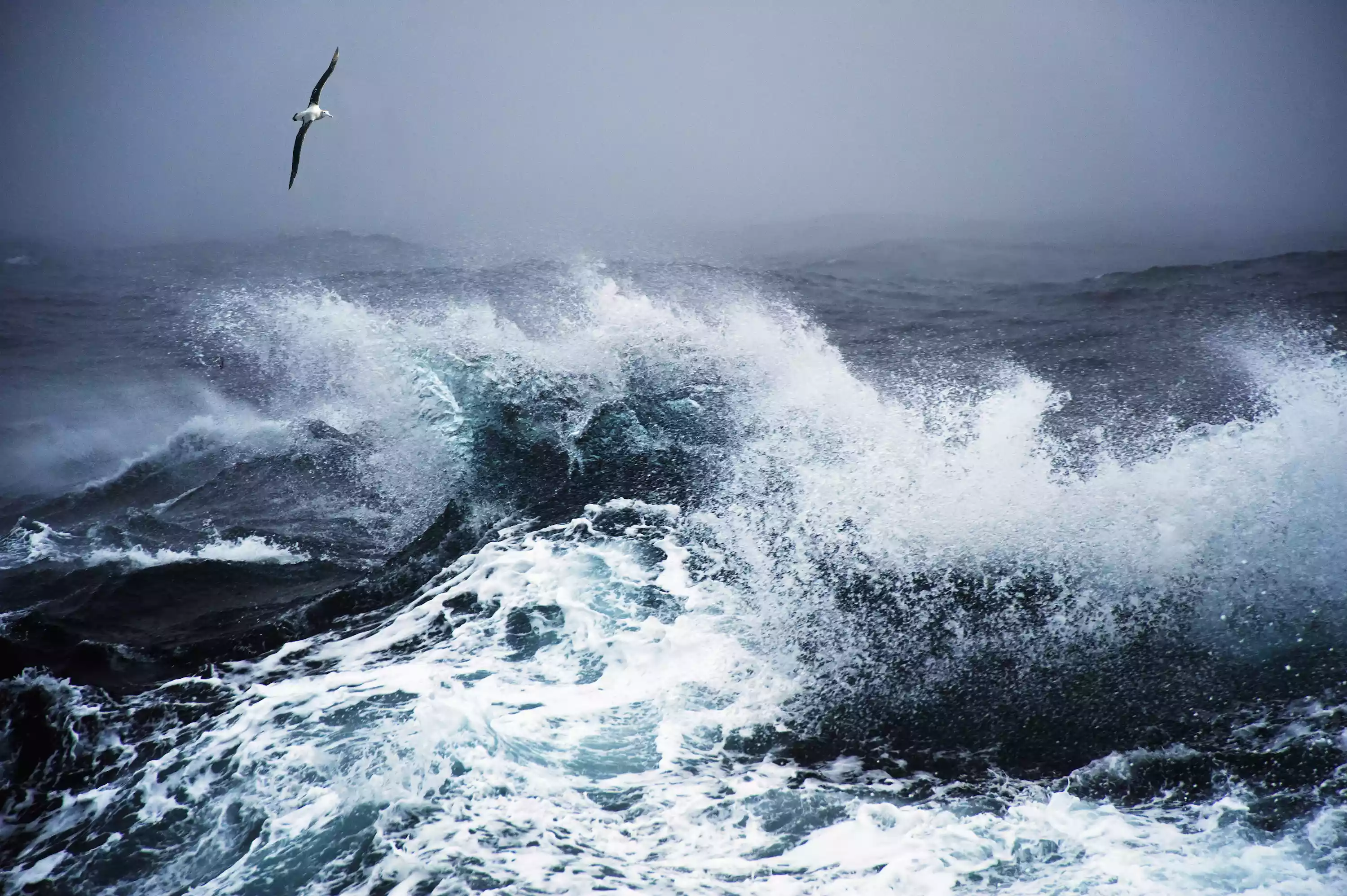Essays, Not Rants! 109: For Want of a Glass of Water
Kurt Vonnegut once said, “every character should want something, even if it is only a glass of water.” This piece of advice functions as a very simple and straightforward way to ensure a character has some semblance of depth.
What's important about a goal? A goal gives a character purpose and gives an audience a reason to invest. In Star Wars, Luke wants to leave Tatooine. In How I Met Your Mother, Ted wanted to meet the mother (or at least we thought he did). In Pirates of the Caribbean, Jack Sparrow wants his ship back. As viewers, we want characters to want something. It’s dull if a character just exists with no want (i.e. Ted for many of the later seasons of Mother). Chuck begins with a very complacent Chuck who’s just floating through life. Receiving the Intersect gives him a purpose too.
Characters then have to do something about it. Solid Snake crawls trough a microwave chamber in Metal Gear Solid 4 to stop the Patriots. Katniss famously volunteers as tribute. Taking a proactive role about their goals is what separates Katniss from Bella Swan. The former may want Edward and/or Jacob, but she just sits around; Katniss actively fights for not only her life, but for those of her friends. It’s not enough for a character to have a goal, they have to do something about it. Jack Sparrow spending two hours talking about how much he wants the Black Pearl would be a terribly boring movie.
Those are the fundamentals of having a potentially interesting character. Following that we need conflict. There has to be something stopping the character from getting what they want. Harry wants to be a wizard with the sense of family and acceptance it entails, Voldemort wants him dead. That conflict of interest fills seven books. This so called ‘external conflict’ as your High School English teacher called it can be far more subtle. In The Last of Us, Joel’s goal becomes to protect Ellie whereas her goal is to make her life count. For the most part the goals don’t interfere, but when they do we get some magnificent, quiet drama.
Additionally, having the protagonist conflicted makes them that much more interesting as we get to watch them change or resist it. Columbus in Zombieland already has the zombies interfering with his goal of staying alive. His emergent want to win Wichita’s heart, though, also screws with his sense of self-preservation. Suddenly, Columbus has to make a choice: what does he value more, his life or Wichita? A conflict like this forces the character to change. Columbus has always been a wimp, someone who’d rather cower than take action. His interactions with Wichita force him to nut up and grow.
But what if she doesn’t get the water? Sometimes the most interesting thing to happen in a story is for the character to not achieve their goal. Tom’s goal in (500) Days of Summer is to win Summer’s heart, then to stay with Summer, and then to win her back. It’s his proverbial glass of water and what the film centers on. Tom, however, doesn’t end up with Summer. The complete destruction of his goal forces him to reassess everything and, eventually, gets him back on track to doing what he wants in life. Losing the goal he thinks he wanted reveals what he really wanted. Like a conflicted desire, it gives added layers to his character.
Conversely, achieving a goal may crush the character. Zero Dark Thirty ends with Bin Laden dead and Maya Lambert successful. She’s achieved her goal, but her goal was all consuming. The film leaves her suddenly aimless and without purpose, adding a sense of somber hollowness to it all. Just as giving a desultory character a goal yields interest, so does robbing a purposeful character of hers.
Wants and goals fuel stories. Look at Game of Thrones, everyone wants something, almost always at the expense of someone else. These goals breed conflict and add depth to characters. Just make it more than a glass of water.
-
 6
6



1 Comment
Recommended Comments